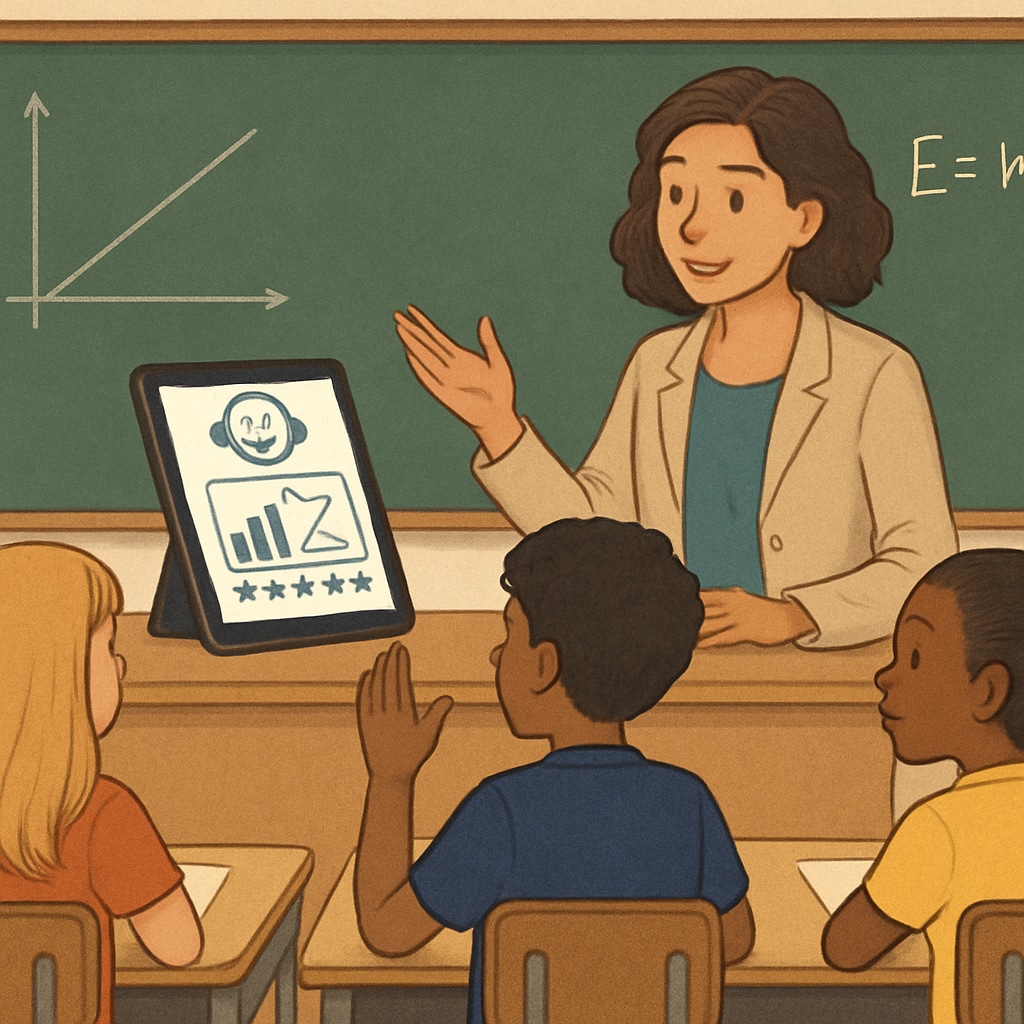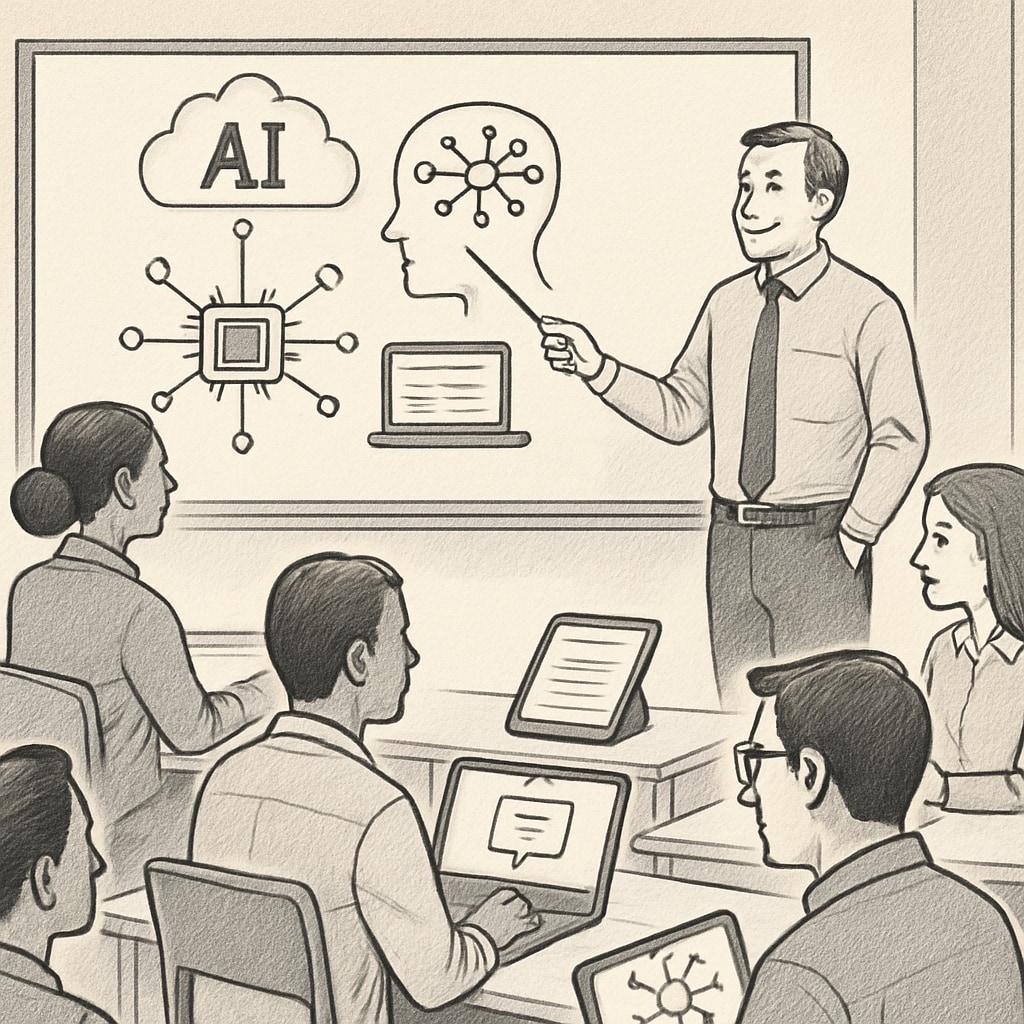As AI education applications such as Google Gemini continue to evolve, they are creating profound changes in the teaching profession. These tools are transforming how education is delivered, presenting both opportunities and challenges for educators. The traditional role of teachers is being questioned, and this shift has significant implications for teacher value and salary reevaluation. This article delves into the impact of AI on educators’ professional worth and income, while also exploring ways for teachers to adapt to these transformative changes.
The Role of AI in Education: A Double-Edged Sword
AI education applications have demonstrated remarkable potential in automating administrative tasks, personalizing learning experiences, and enhancing student engagement. For example, tools like Google Gemini can analyze student performance data to tailor lessons, making learning more efficient and targeted. However, the same capabilities that make AI tools attractive can also diminish the perceived value of teachers’ traditional roles.
One area where AI excels is in providing instant feedback to students. This has led some to question whether human educators are still necessary in certain contexts. Yet, while AI can manage tasks like grading and curriculum design, it lacks the emotional intelligence and adaptability that teachers bring to the table. Human educators are essential for nurturing critical thinking, fostering creativity, and providing emotional support—qualities that machines cannot replicate.

Redefining Teacher Value in the AI Era
As AI continues to reshape the educational landscape, educators must redefine their value beyond traditional teaching methods. Teachers are no longer just providers of information; they are mentors, facilitators, and role models. This expanded role requires a new set of skills, including digital literacy, adaptability, and the ability to integrate AI tools into their teaching strategies.
Additionally, teachers must advocate for their unique contributions to student development. For example, while AI can suggest solutions to academic problems, it cannot teach students how to navigate ethical dilemmas or collaborate effectively in diverse teams. By emphasizing these human-centric skills, educators can ensure their value remains indispensable, even in an AI-driven world.

Salary Reevaluation: Finding a Balance
The integration of AI in education also raises questions about teacher salaries. If AI reduces the workload or replaces certain tasks, should educators be paid less? On the contrary, the argument can be made that teachers’ roles are becoming more complex and demanding, warranting higher compensation.
For instance, teachers who master AI tools and use them to enhance learning outcomes could justify salary increases. Schools and policymakers must recognize that integrating technology into education requires not only technical expertise but also a deeper understanding of pedagogy and student psychology. As a result, salary structures should reflect the evolving nature of the teaching profession in the AI era.
How Teachers Can Adapt
To thrive in this new environment, teachers must embrace lifelong learning and professional development. Here are some strategies to consider:
- Acquire digital skills: Teachers should become proficient in using AI tools to complement their teaching methods.
- Focus on soft skills: Emotional intelligence, creativity, and communication are irreplaceable by AI and should be emphasized.
- Advocate for fair compensation: Educators must engage in conversations about how their evolving roles should impact salary structures.
- Collaborate with AI: Instead of viewing AI as a threat, teachers can use it to enhance their effectiveness and efficiency.
By adopting these strategies, teachers can not only secure their place in the AI-driven education system but also ensure that their contributions are recognized and valued appropriately.
As a result, the balance between technological innovation and human expertise will define the future of education. Teachers who adapt to these changes will not only survive but thrive, proving that their value extends far beyond what machines can achieve.
Readability guidance: This article uses short paragraphs and lists to enhance readability. Passive voice and long sentences are minimized, and transitional phrases are incorporated to ensure smooth flow. The overall tone balances professionalism with accessibility.


